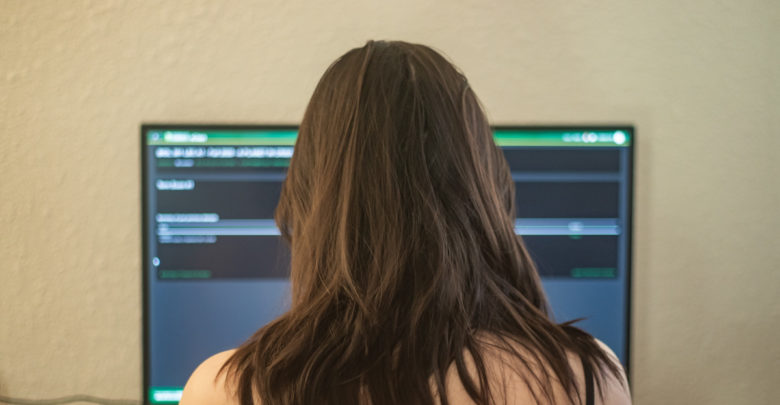Learning across time zones: new form could help international students with online learning struggles
The temporary measures will allow international students to address issues with synchronous learning and participation grades for live lectures during the pandemic.
 Christien Ford
Christien FordWhile permanent solutions are in the works, international students will be able to access a new temporary measure that could help address some struggles they faced with online learning last semester.
International students can now use an anonymous form to report classes that demand a participation grade or do not record lectures. The form was created by and is administered by the International Students’ Association (ISA). According to the ISA, they will share the results of the form with the office of the Dean of Students, with the hopes that the Dean of Students will work directly with the professors of each class to find a solution that accommodates international students.
The form was created in the wake of concerns brought forward last semester by international students, who reported they were waking up in the middle of the night to attend live lectures in opposite time zones.
Safwan Zufaizal, a third-year chemical engineering student and vice-president (student life) for the ISA, described the consequences of the lack of accommodation for these students.
“It’s absolutely horrible what this does to a student’s mental health,” he said. “With the lowered mental health, we can expect their grades to be a lot lower too, and … having a low class grade when you know you could have done better feeds into that cycle of sadness.”
Academic freedom should not outweigh academic equity, said Zufaizal
While some professors made accommodations after receiving feedback from their students, for Zufaizal, a small percentage refused to record their lectures or remove participation grades for live lectures.
“It was really disheartening,” he said. “We understand that academic freedom is very important … it’s within every professor’s right to teach the course the way they feel is best for their students, but at the same time we feel that academic equity is also rather important, especially during these unprecedented times.”
Last semester, the ISA sent an open letter to the university to try and put pressure on administration to address the issue, but were met with resistance as the university cited academic freedom as one of the reasons they would not require professors to record their lectures.
While the office of the Dean of Students did not comment on the delayed action, Dean of Students Andre Costopolous, provided a statement to The Gateway.
“We’re happy to receive any information that ISA is able to share about the betterment of the student experience,” he said.
He went on to encourage students to come forward about accessibility issues.
“Know that it’s okay to say so; please do say so,” he said. “Contact your instructor and let them know, or reach out to the Office of the Dean of Students for additional support. We’re here to help.”
A permanent solution possibly underway
While the anonymous form gives students a more accessible way to address these issues, Zufaizal noted that a more permanent solution might be made available by three motions which Chanpreet Singh, the president of the ISA, has submitted to the council of student affairs (COSA).
One motion will require live lectures be made accessible to students until in-person delivery resumes, that students facing live lecture accessibility challenges will be exempted from participation grades, and that alternatives to live lectures will be explored.
“We’re not asking this to be a permanent change,” Zufaizal said. “This is for the pandemic where we have international students who are not currently in Canada. It’s so they don’t have to face this again and again.”
The three motions were voted on by COSA members during their January 14 meeting. All of them were approved as formal recommendations from COSA to General Faculties Council (GFC). They will be brought forward to the GFC executive committee who will decide whether to bring them to GFC on February 8.
The executive committee will have the option of bringing the motion forward for vote at the GFC meeting in February, where the GFC vote would determine if the motions would go into effect subject to approval from the Board of Governors (BoG).
“If everything goes well and we do see all these changes happen, that would be another step forward for the ISA being a trusted association,” Zufaizal said. “We want to be a safe place for international students, to have them know that if you approach us with issues like this we will take action.”
CORRECTION: A previous version of this article incorrectly stated the date when COSA met to discuss the three ISA recommendations to COSA. The Gateway regrets the error.
Additionally, the article previously included statements that could have been interpreted to mean the feedback form was created jointly with the Office of the Dean of Students and the ISA. On February 2, The Gateway amended these statements to clarify that while the Dean of Students provided feedback for the ISA, the form was created solely by the ISA.




